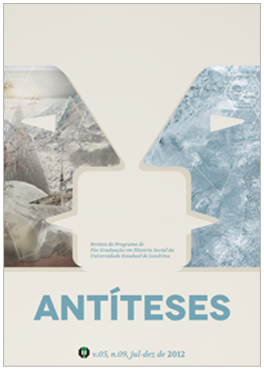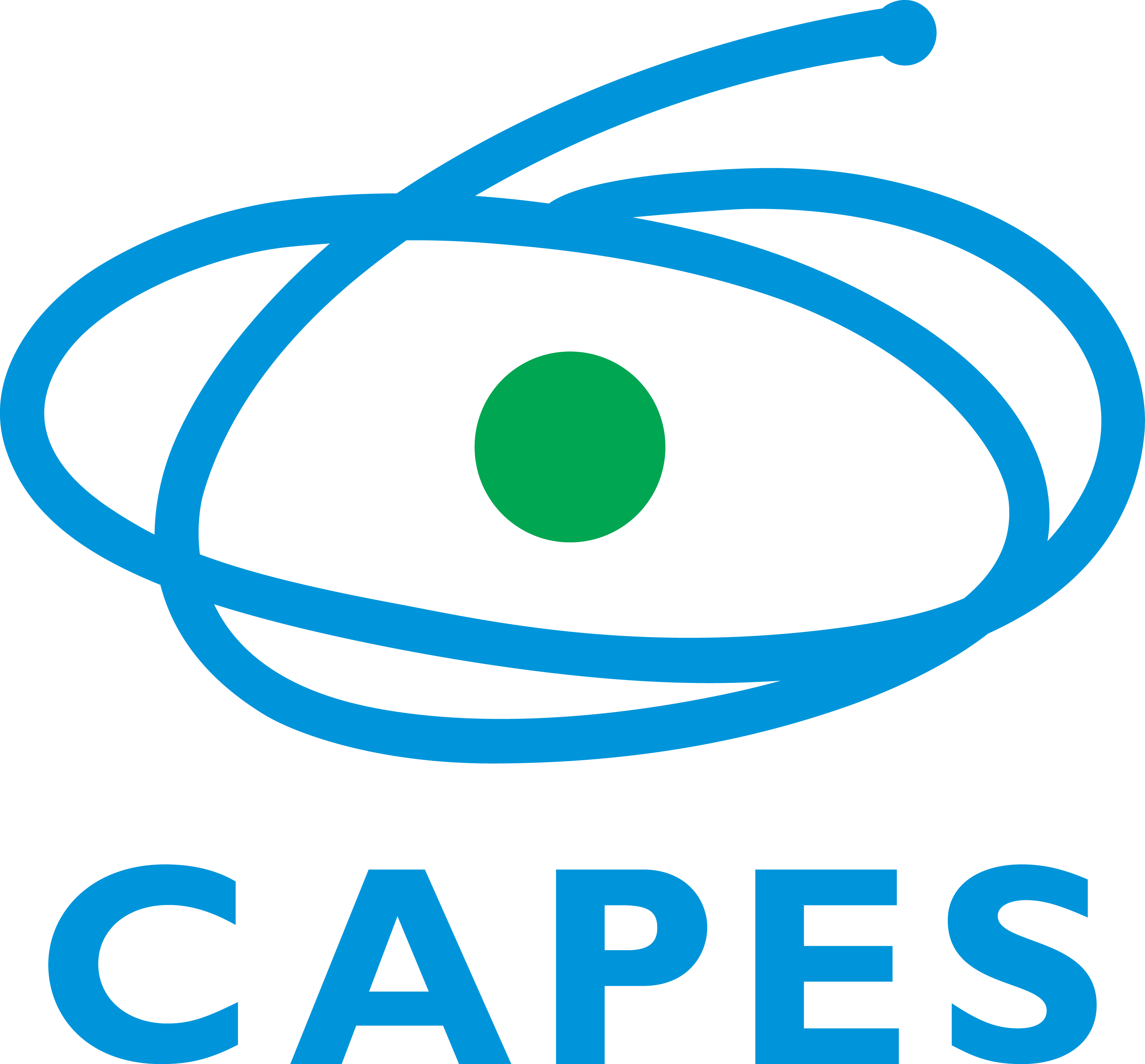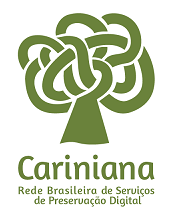Historical agency as a problem for researchers in history education
DOI:
https://doi.org/10.5433/1984-3356.2012v5n10p537Keywords:
Historical education, Historical agency, Historical learning, Second order conceptAbstract
In this paper, I am dealing with conceptual problems, turning attention to the second order concept of historical agency, which was identified early as important for historical understanding, but which has received little subsequent attention from history education researchers, despite its attention from philosophers, sociologists and historians. It is a fundamentally contested term, and the bulk of this paper consists of an exploration of a number of challenges raised by it. At the end, notwithstanding unresolved conceptual dilemmas, I will suggest avenues for empirical research on historical agency that might help inform history education, and contribute to more active, useful, and meaningful teaching and learning of history.Downloads
Download data is not yet available.
References
ALCOFF, Linda. Cultural feminism versus post-structuralism: the identity crisis in feminist theory. In: DIRKS, Nicolas B.; ELEY, Geoffrey Howard; ORTNER, Sherry Beth (ed.). Culture/power/history: a reader in contemporary social theory. Princeton: Princeton University Press, 1994. p. 96-122.
BLOOM, Allan. The closing of the american mind. New York: Simon and Schuster, 1987.
BURY, John Bagnell. The idea of progress. New York: Macmillan, 1932.
BUTLER, Judith. Contingent foundations: feminism and the question of "postmodernism". In: CARUTH, Cathy; ESCH, Deborah (ed.). Reference and responsibility in deconstructive writing. New Brunswick: Rutgers University Press, 1995. p. 213-232.
CALFEE, Robert C. (Ed.). The handbook of educational psychology. New York: Macmillan, 1996. p. 284-305
CARLYLE, Thomas. On heroes, hero-worship and the heroic in history. Lincoln: University of Nebraska Press, 1966.
CRONON, William. A place for stories: nature, history, and narrative. Journal of American History, Bloomington, v. 78, n. 4, p. 1347-1376, 1992.
DAVIS, Natalie Zemon. Slaves on screen: film and historical vision. Toronto: Vintage Canada, 2000.
FOX, Richard Wightman; LEARS, T. J. Jackson. The Culture of consumption: critical essays in American history, 1880-1980. Pantheon Books: 1983.
FRISCH, Michael. (ed.). A shared authority: essays on the craft and meaning of oral and public history. Albany: State University of New York Press, 1990.
GADAMER, Hans-Georg. The problem of historical consciousness. In: RABINOW, Paul; SULLIVAN, William M. (ed.). Interpretive social science: a second look. Berkeley: University of California Press, 1987. p. 82-140.
GENOVESE, Eugene Dominic. Roll, Jordan, roll: the world the slaves made. New York: Random House, 1974.
GIDDENS, Anthony. The constitution of society. Berkeley: University of California Press, 1984.
GREEN, James R. Taking history to heart: the power of the past in building social movements. Amherst: University of Massachusetts Press, 2000.
HAHN, Carole L. Becoming political: comparative perspectives on citizenship education. Albany: State University of New York Press, 1998.
HALLDEN, Ola. On the paradox of understanding history in an educational setting. In: LEINHARDT, Gaea; BECK, Isabel L.; STAINTON, Catherine (ed.). Teaching and learning in history. Hillsdale: Lawrence Erlbaum, 1994. p. 27-46.
LASCH, Christopher. The culture of narcissism: american life in an age of diminishing expectations. New York: Norton, 1979.
LEE, Peter; ASHBY, Rosalyn. Progression in historical understanding among students ages 7-14. In: STEARNS, Peter N.; SEIXAS, Peter; WINEBURG, Sam (ed.). Knowing, teaching, and learning history: national and international perspectives. New York: New York University Press, 2000. p. 199-222.
LEVSTIK, Linda S.; BARTON, Keith C. Doing history: investigating with children in elementary and middle schools. 2. ed. Mahwah: Lawrence Erlbaum, 2001.
LINENTHAL, Edward T. History wars: the enola gay and other battles for the american past. New York: Metropolitan Books, 1996.
LOMAS, Tim. Teaching and assessing historical understanding. London: The Historical Association, 1990.
LOWENTHAL, David. The Past is a foreign country. New York: Cambridge University Press, 1986.
NIETHAMMER, Lutz. Posthistoire: has history come to an end? London: Verso, 1992.
NOVICK, Peter. That noble dream: the "objectivity question" and the american historical profession. Cambridge: Cambridge University Press, 1988.
PHILLIPS, Mark Salber. Society and sentiment: genres of historical writing in britain. Princeton: Princeton University Press, 2000.
POPKEWITZ, Thomas S. Knowledge, power and curriculum: revisiting a TRSE argument. Theory and Research in Social Education, Binghamton, v. 26, n. 1, p. 83-101, 1998.
PRAKASH, Gyan. Subaltern studies as postcolonial criticism. American Historical Review, Washington, v. 99, n. 5, p. 1475-1490, 1994.
RÃœSEN, Jorn. The development of narrative competence in historical learning: an ontogenetic hypothesis concerning moral consciousness. History and Memory: Studies in Representation of the Past, Bloomington, v. 1, n. 2, p. 35-59, 1989.
SCHUTZ, Aaron. Teaching freedom? postmodern perspectives. Review of Educational Research, Washington, v. 70, n. 2, p. 215-251, 2000.
SCOTT, Joan Wallach. Glassworkers of carmaux: french craftsmen and political action in a 19thcentury city. Cambridge: Harvard University Press, 1974.
SEARLE, John. Intentionality: an essay in the philosophy of mind. Cambridge: Cambridge University Press, 1983.
SEIXAS, Peter. Conceptualizing the growth of historical understanding. In: OLSON, David R.; TORRANCE, Nancy (ed.). Handbook of education and human development: new models of learning, teaching, and schooling. Oxford: Blackwell, 1996. p. 765-783.
SWIFT, Graham. Waterland. London: Macmillan, 1992.
SZTOMPKA, Piotr (Ed.). Agency and structure: reorienting social theory. Yverdon: Gordon and Breach, 1994.
TAYLOR, Charles. Human agency and language. Cambridge: Cambridge University Press, 1985.
TAYLOR, Charles. Sources of the self: the making of modern identity. Cambridge: Harvard University Press, 1989.
TAYLOR, Charles. The malaise of modernity. Toronto: Anansi, 1991.
THOMSON, Edward Palmer. The making of the english working class. New York: Vintage, 1966.
TORNEY-PURTA, Judith; SCHWILLE, John; AMADEO, Jo-Ann. Civic education across countries: twenty-four case studies from the IEA civic education project. Amsterdam: International Association for the Evaluation of Educational Achievement, 1999.
WERTSCH, James V. Mind as action. New York: Oxford University Press, 1998.
WINEBURG, Samuel. The psychology of learning and teaching history. In: BERLINER, David C.; CALFEE, Robert C. (ed.). The handbook of educational psychology. New York: Macmillan, 1996. p. 284-305.
BLOOM, Allan. The closing of the american mind. New York: Simon and Schuster, 1987.
BURY, John Bagnell. The idea of progress. New York: Macmillan, 1932.
BUTLER, Judith. Contingent foundations: feminism and the question of "postmodernism". In: CARUTH, Cathy; ESCH, Deborah (ed.). Reference and responsibility in deconstructive writing. New Brunswick: Rutgers University Press, 1995. p. 213-232.
CALFEE, Robert C. (Ed.). The handbook of educational psychology. New York: Macmillan, 1996. p. 284-305
CARLYLE, Thomas. On heroes, hero-worship and the heroic in history. Lincoln: University of Nebraska Press, 1966.
CRONON, William. A place for stories: nature, history, and narrative. Journal of American History, Bloomington, v. 78, n. 4, p. 1347-1376, 1992.
DAVIS, Natalie Zemon. Slaves on screen: film and historical vision. Toronto: Vintage Canada, 2000.
FOX, Richard Wightman; LEARS, T. J. Jackson. The Culture of consumption: critical essays in American history, 1880-1980. Pantheon Books: 1983.
FRISCH, Michael. (ed.). A shared authority: essays on the craft and meaning of oral and public history. Albany: State University of New York Press, 1990.
GADAMER, Hans-Georg. The problem of historical consciousness. In: RABINOW, Paul; SULLIVAN, William M. (ed.). Interpretive social science: a second look. Berkeley: University of California Press, 1987. p. 82-140.
GENOVESE, Eugene Dominic. Roll, Jordan, roll: the world the slaves made. New York: Random House, 1974.
GIDDENS, Anthony. The constitution of society. Berkeley: University of California Press, 1984.
GREEN, James R. Taking history to heart: the power of the past in building social movements. Amherst: University of Massachusetts Press, 2000.
HAHN, Carole L. Becoming political: comparative perspectives on citizenship education. Albany: State University of New York Press, 1998.
HALLDEN, Ola. On the paradox of understanding history in an educational setting. In: LEINHARDT, Gaea; BECK, Isabel L.; STAINTON, Catherine (ed.). Teaching and learning in history. Hillsdale: Lawrence Erlbaum, 1994. p. 27-46.
LASCH, Christopher. The culture of narcissism: american life in an age of diminishing expectations. New York: Norton, 1979.
LEE, Peter; ASHBY, Rosalyn. Progression in historical understanding among students ages 7-14. In: STEARNS, Peter N.; SEIXAS, Peter; WINEBURG, Sam (ed.). Knowing, teaching, and learning history: national and international perspectives. New York: New York University Press, 2000. p. 199-222.
LEVSTIK, Linda S.; BARTON, Keith C. Doing history: investigating with children in elementary and middle schools. 2. ed. Mahwah: Lawrence Erlbaum, 2001.
LINENTHAL, Edward T. History wars: the enola gay and other battles for the american past. New York: Metropolitan Books, 1996.
LOMAS, Tim. Teaching and assessing historical understanding. London: The Historical Association, 1990.
LOWENTHAL, David. The Past is a foreign country. New York: Cambridge University Press, 1986.
NIETHAMMER, Lutz. Posthistoire: has history come to an end? London: Verso, 1992.
NOVICK, Peter. That noble dream: the "objectivity question" and the american historical profession. Cambridge: Cambridge University Press, 1988.
PHILLIPS, Mark Salber. Society and sentiment: genres of historical writing in britain. Princeton: Princeton University Press, 2000.
POPKEWITZ, Thomas S. Knowledge, power and curriculum: revisiting a TRSE argument. Theory and Research in Social Education, Binghamton, v. 26, n. 1, p. 83-101, 1998.
PRAKASH, Gyan. Subaltern studies as postcolonial criticism. American Historical Review, Washington, v. 99, n. 5, p. 1475-1490, 1994.
RÃœSEN, Jorn. The development of narrative competence in historical learning: an ontogenetic hypothesis concerning moral consciousness. History and Memory: Studies in Representation of the Past, Bloomington, v. 1, n. 2, p. 35-59, 1989.
SCHUTZ, Aaron. Teaching freedom? postmodern perspectives. Review of Educational Research, Washington, v. 70, n. 2, p. 215-251, 2000.
SCOTT, Joan Wallach. Glassworkers of carmaux: french craftsmen and political action in a 19thcentury city. Cambridge: Harvard University Press, 1974.
SEARLE, John. Intentionality: an essay in the philosophy of mind. Cambridge: Cambridge University Press, 1983.
SEIXAS, Peter. Conceptualizing the growth of historical understanding. In: OLSON, David R.; TORRANCE, Nancy (ed.). Handbook of education and human development: new models of learning, teaching, and schooling. Oxford: Blackwell, 1996. p. 765-783.
SWIFT, Graham. Waterland. London: Macmillan, 1992.
SZTOMPKA, Piotr (Ed.). Agency and structure: reorienting social theory. Yverdon: Gordon and Breach, 1994.
TAYLOR, Charles. Human agency and language. Cambridge: Cambridge University Press, 1985.
TAYLOR, Charles. Sources of the self: the making of modern identity. Cambridge: Harvard University Press, 1989.
TAYLOR, Charles. The malaise of modernity. Toronto: Anansi, 1991.
THOMSON, Edward Palmer. The making of the english working class. New York: Vintage, 1966.
TORNEY-PURTA, Judith; SCHWILLE, John; AMADEO, Jo-Ann. Civic education across countries: twenty-four case studies from the IEA civic education project. Amsterdam: International Association for the Evaluation of Educational Achievement, 1999.
WERTSCH, James V. Mind as action. New York: Oxford University Press, 1998.
WINEBURG, Samuel. The psychology of learning and teaching history. In: BERLINER, David C.; CALFEE, Robert C. (ed.). The handbook of educational psychology. New York: Macmillan, 1996. p. 284-305.
Downloads
Published
2013-03-15
How to Cite
SEIXAS, Peter. Historical agency as a problem for researchers in history education. Antíteses, [S. l.], v. 5, n. 10, p. 537–553, 2013. DOI: 10.5433/1984-3356.2012v5n10p537. Disponível em: https://ojs.uel.br/revistas/uel/index.php/antiteses/article/view/14503. Acesso em: 23 dec. 2025.
Issue
Section
Dossier
License
Copyright (c) 2012 Antiteses

This work is licensed under a Creative Commons Attribution 4.0 International License.
The journal reserves the copyright on the contributions published, without material compensation for the author, and may make them available online in Open Access mode, through its own system or other databases; you can also make normative, orthographic and grammatical changes in the originals, in order to maintain the cultured standard of the language, with the final consent of the authors. The opinions expressed by the authors are their sole responsibility.










